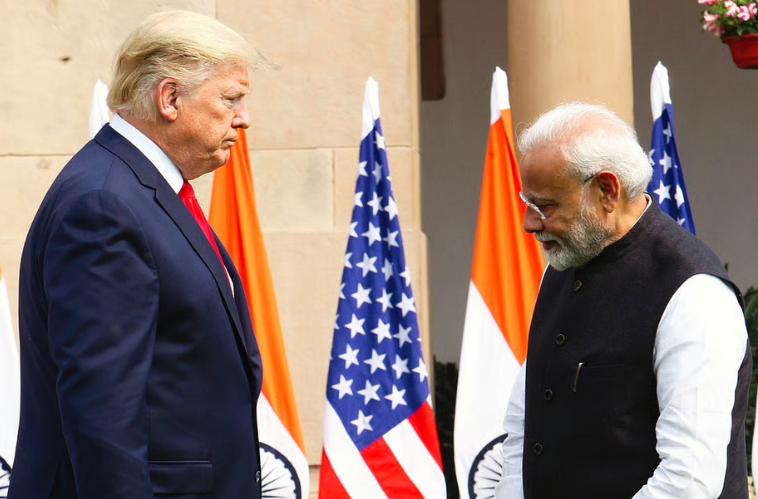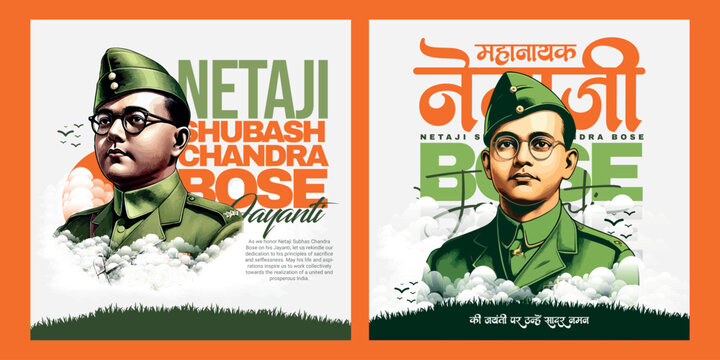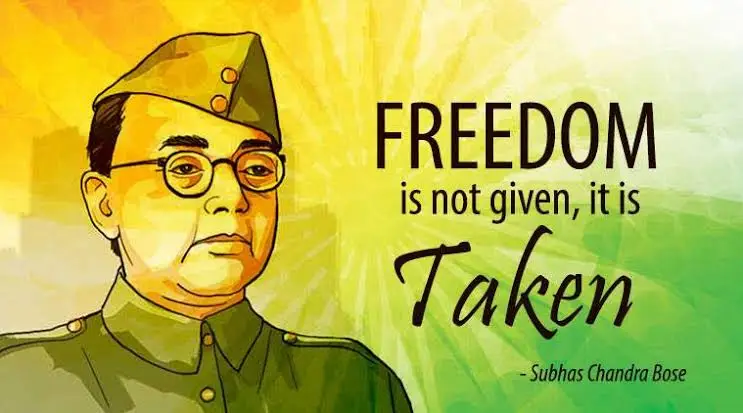

Subhas Chandra Bose Jayanti: Celebrating The Legacy Of A Revolutionary Leader
Subhas Chandra Bose Jayanti: Celebrating the Legacy of a Revolutionary Leader
As India commemorates the birth anniversary of one of its most iconic freedom fighters, Subhas Chandra Bose, the nation reflects on the indomitable spirit and unwavering determination of a leader who played a pivotal role in the struggle for independence. Born on January 23, 1897, in Cuttack, Odisha, Bose’s legacy continues to inspire generations with his courage, patriotism, and relentless pursuit of freedom.
Early Life and Ideals
Subhas Chandra Bose, affectionately known as *Netaji* (Respected Leader), was a brilliant student and a visionary from a young age. After completing his education in India, he traveled to England to appear for the Indian Civil Services (ICS) examination, where he secured a high rank. However, driven by a deep sense of nationalism, Bose resigned from the prestigious service in 1921 to join the Indian independence movement.
A Revolutionary Path
Bose’s approach to India’s freedom struggle was distinct. He believed in direct action and armed resistance against British colonial rule, which set him apart from other leaders of the time. His famous slogan, *“Give me blood, and I shall give you freedom,”* resonated with millions of Indians who were eager to break free from the shackles of imperialism.
In 1938 and 1939, Bose served as the President of the Indian National Congress, but ideological differences with Mahatma Gandhi and other leaders led him to chart his own course. He formed the Forward Bloc in 1939, aiming to consolidate the radical forces within the Congress.
The Formation of the INA
One of Bose’s most significant contributions to the freedom struggle was the formation of the Indian National Army (INA) or Azad Hind Fauj in 1942. With the support of Axis powers during World War II, Bose mobilized Indian soldiers and civilians to fight against British rule. The INA’s march towards India under the slogan *“Chalo Delhi”* (March to Delhi) became a symbol of resistance and hope.
Bose’s leadership of the INA and his establishment of the Azad Hind Government in exile demonstrated his commitment to freeing India at any cost. His alliance with countries like Japan and Germany, though controversial, was driven by his belief that “enemy’s enemy is a friend.”
The Mystery of Netaji’s Disappearance
Subhas Chandra Bose’s untimely disappearance in 1945 remains one of the most enduring mysteries in Indian history. While it is widely believed that he died in a plane crash in Taiwan, numerous theories and investigations have kept the debate alive. Regardless of the circumstances, Bose’s legacy as a fearless leader and a symbol of resistance remains intact.
Celebrating Netaji Jayanti
Every year, on January 23, India celebrates *Netaji Jayanti* to honor his contributions to the freedom struggle. Schools, colleges, and cultural organizations across the country organize events, seminars, and exhibitions to pay tribute to his life and ideals. The Government of India has also declared this day as *Parakram Diwas* (Day of Valor) to inspire citizens, especially the youth, to embrace courage and determination in the face of challenges.
Netaji’s Relevance Today
In today’s world, Subhas Chandra Bose’s ideals of self-reliance, unity, and unwavering commitment to justice continue to hold immense relevance. His life serves as a reminder that the path to achieving great goals often requires sacrifice, resilience, and an unyielding spirit.
As we celebrate Netaji Jayanti, let us remember the man who dared to dream of a free India and worked tirelessly to turn that dream into reality. His legacy is not just a part of history but a beacon of inspiration for future generations.
“Freedom is not given, it is taken.” – Subhas Chandra Bose





0 Comments